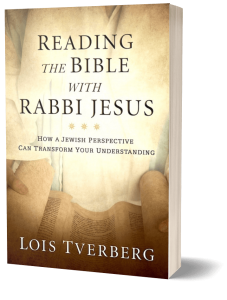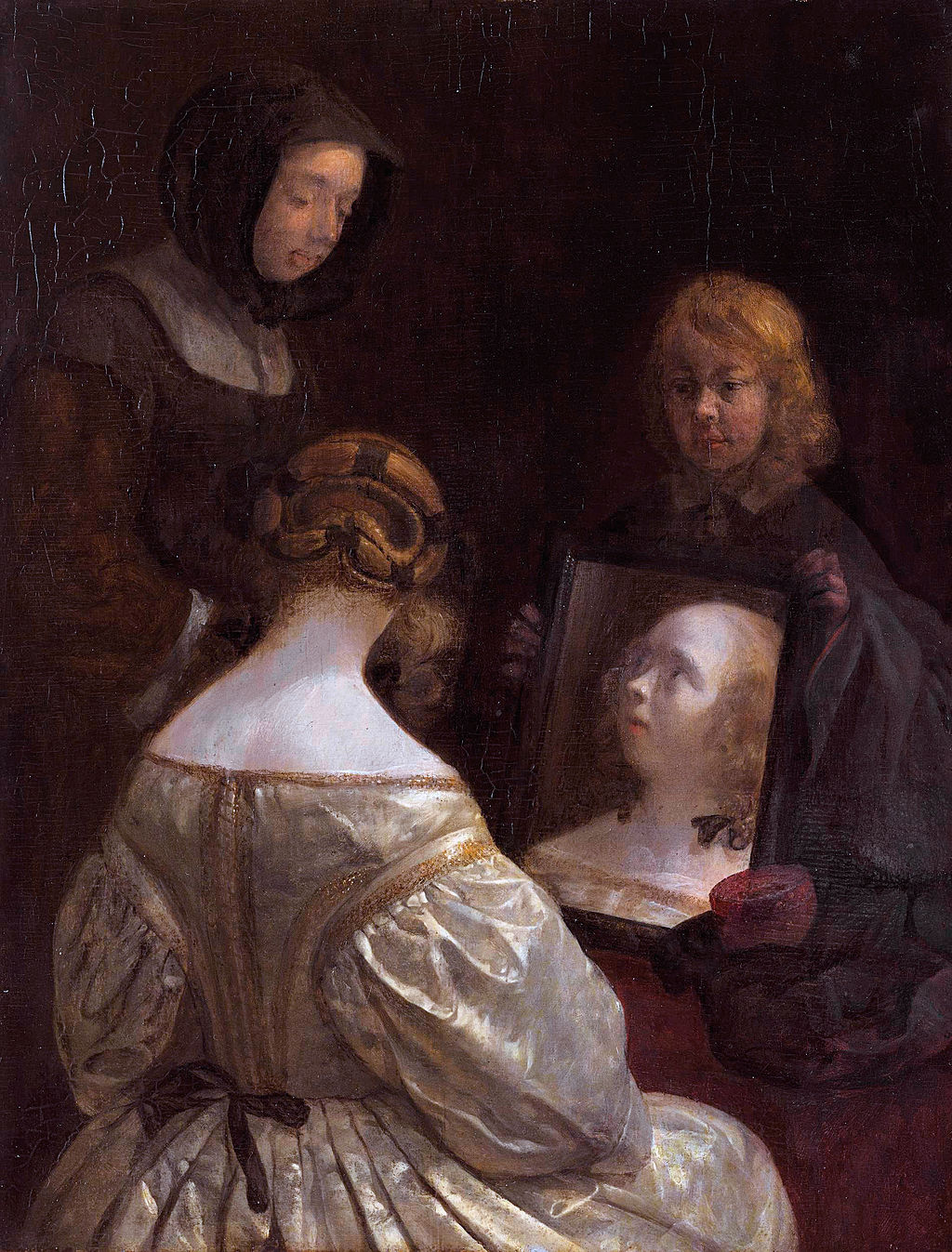by Lois Tverberg
“I, the LORD, search the heart, I test the mind, even to give to each man according to his ways, according to the results of his deeds. ” Jeremiah 17:10
Jewish parables were an effective way to explain complex ideas about life and God. One parable from the Talmud1 gives a clever answer to a difficult question. How does God judge sin, when he knows that the spirit may be willing but the flesh is weak? (Matt. 26:41) How does God judge an alcoholic who has a family tendency toward alcoholism? Or, how does he look at a man who struggles with homosexual thoughts? The rabbis told this parable:
To what may this be compared? To a human king who owned a beautiful orchard which contained splendid figs. Now he appointed two watchmen, one lame and the other blind. One day the lame man said to the blind man, “I see beautiful figs in the orchard. Put me on your shoulders so that we can pick and eat them.” So the lame man got on the shoulders of the blind man and they gathered the figs and ate them.
Some time later, the owner of the orchard came and asked them, “Where are those beautiful figs?” The lame man replied, “Do I have feet to walk with?” The blind man replied, “Do I have eyes to see with?” What did the owner do? He placed the lame man upon the blind man and judged them together. So the Holy One, blessed be He, will bring the soul, replace it in the body and judge them together…. (Sanhedrin 91a-b)
 The king in the parable is God. (This is usually the case in parables, including those of Jesus.) Each of the two disabled men represent part of a person. The lame man is the person’s will, and the blind man is the flesh. Neither part is capable of sinning on its own — both act together in order to do anything.
The king in the parable is God. (This is usually the case in parables, including those of Jesus.) Each of the two disabled men represent part of a person. The lame man is the person’s will, and the blind man is the flesh. Neither part is capable of sinning on its own — both act together in order to do anything.
The point is that when God looks at us, he sees us as a whole — he knows what we are made of. We are a combination of factors including family history, mental make-up, religious upbringing, etc, and both our background and our own will work together to influence our actions.
Knowing this can give us wisdom. On the one hand, if we know we have a background or personality type that leads us toward a certain sin (like an abusive family or a tendency to anger), we need to go out of the way to avoid what we might do impulsively. We can’t just plead helplessness and give up. You are responsible for what you have done with what you’ve been given.
On the other hand, we should be careful not to condemn others because we can’t know where a person comes from. We don’t know their struggles, insecurities, or what they’ve lived through. Two people may act similarly, but one may have triumphed over many trials, while the other has barely used their abundant gifts. Only God knows the whole picture, and only God is able to judge us justly.
 To explore this topic more, see chapter 5, “Greek Brain, Hebrew Brain” in Reading the Bible with Rabbi Jesus, Baker Publishing, 2018, p 83-112.
To explore this topic more, see chapter 5, “Greek Brain, Hebrew Brain” in Reading the Bible with Rabbi Jesus, Baker Publishing, 2018, p 83-112.
(1) The Talmud is the compendium of Jewish commentary from Jesus’ time and after, written down about 500 AD.
Photo: Emily Walker

 To what may this be compared? To a human king who owned a beautiful orchard which contained splendid figs. Now he appointed two watchmen, one lame and the other blind. One day the lame man said to the blind man, “I see beautiful figs in the orchard. Put me on your shoulders so that we can pick and eat them.” So the lame man got on the shoulders of the blind man and they gathered the figs and ate them.
To what may this be compared? To a human king who owned a beautiful orchard which contained splendid figs. Now he appointed two watchmen, one lame and the other blind. One day the lame man said to the blind man, “I see beautiful figs in the orchard. Put me on your shoulders so that we can pick and eat them.” So the lame man got on the shoulders of the blind man and they gathered the figs and ate them.
